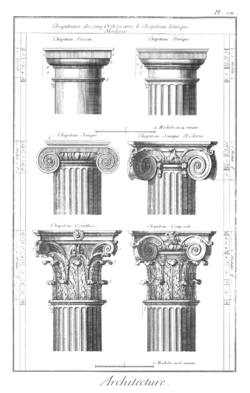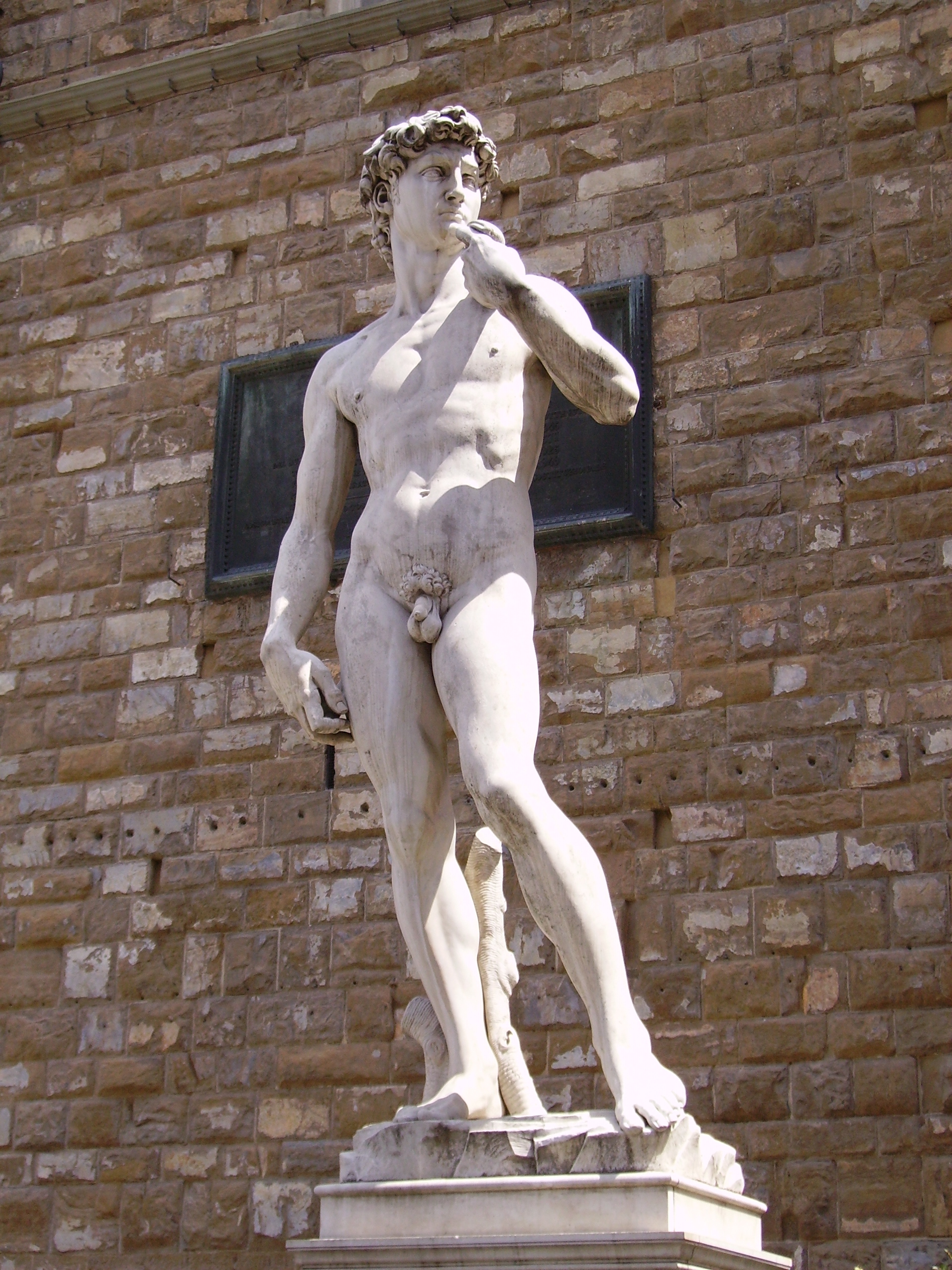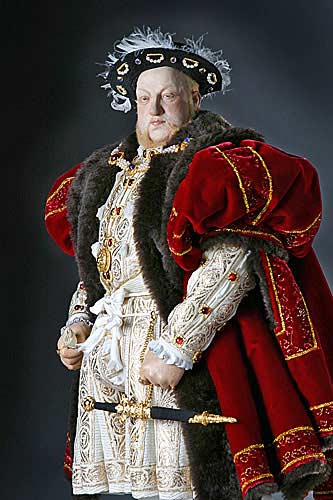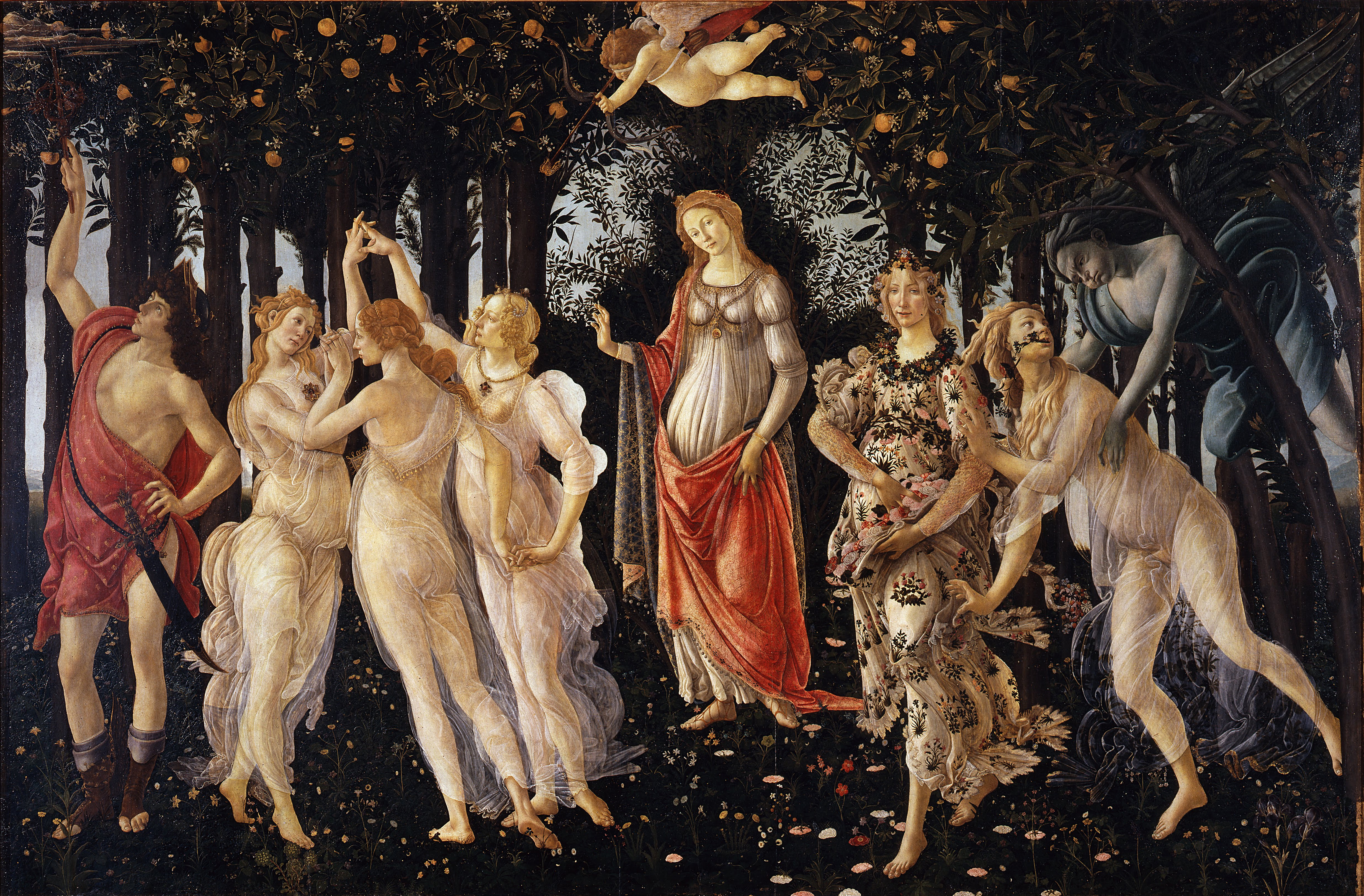Part 1
Question: Explain why some scholars have called the Ancient Egyptians a "death obsessed" culture. Do you agree?
Thesis: The Ancient Egyptians did have a "death obsessed" culture; death affected everything they did from the architecture of the pyramids, to the kings and queens, to how they acted in their daily life.
Primary Source #1:
"Ho! king Neferkere (Pepi II)! How beautiful is this! How beautiful is this, which thy father Osiris has done for thee ! He has given thee his throne, thou rulest those of the hidden places (the dead), thou leadest their august ones, all the glorious ones follow thee (Pyr. 2022-3)."
Mircea Eliade "From Primitives to Zen": THE DEAD PHARAOH BECOMES OSIRIS
http://www.mircea-eliade.com/from-primitives-to-zen/167.html
Primary Source #2:
"[The dead will say:]
Homage to you, Great God, the Lord of the double Ma'at (Truth)!
I have come to you, my Lord,
And I have destroyed wickedness for you.
I have committed no evil upon men.
I have not oppressed the members of my family.
I have not wrought evil in the place of right and truth.
I have had no knowledge of useless men.
I have brought about no evil"
Book of the dead: Chapter 125. The Judgment of the Dead.
http://www.wsu.edu/~dee/EGYPT/BOD125.HTM
Primary Source #3
" Thy Ba shall not depart from thy corpse and thy Ba shall become divine with the blessed dead. The perfect Ba's shall speak to thee, and thou shalt be an equal amongst them in receiving what is given on earth. Thou shalt have power over water, shalt inhale air, and shalt be surfeited with the desires of thy heart."
Mircea Eliade "From Primitives to Zen":SURVIVAL AS BA and survival in the tomb are complementary
http://www.mircea-eliade.com/from-primitives-to-zen/169.html
Explanation of Argument
The first source shows how kings and queens of Egypt not only had power because they were king or queen but because by being a king they were also a god. A king who died would go into the afterlife and possibly take over as Osiris which is very powerful since Osiris was god of the underworld and controlled who would gain eternal happiness. The second source is the Egyptian book of the dead which shows how if an Egyptian wanted to make it into the underworld they had to live without evil. They would accompany themselves with good people and try not to be horrible towards others because having eternal life was important. In the third source that is translated into English there is yet another example of how eternal life equaled eternal happiness.
Part 2
Question #1: Who is a better model for modern historians: Herodotus or Thucydides? Why?
Thesis: Modern historians should look to Herodotus as a better model than Thucydides because he had more knowledge of what he was writing about and why things were happening because of his travel of the ancient world.
Primary Source #1:
"The Lydians have very nearly the same customs as the Hellenes, with the exception that these last do not bring up their girls the same way. So far as we have any knowledge, the Lydians were the first to introduce the use of gold and silver coin, and the first who sold good retail. They claim also the invention of all the games which are common to them with the Hellenes. "
Herodotus: The Histories, c. 430 BCE, I.94
http://www.fordham.edu/halsall/ancient/etrucans2.html
Primary Source #2:
"Minos, according to tradition, went to Sicania, or Sicily, as it is now called, in search of Daidolos, and there perished by a violent death....Men of various nations now flocked to Crete, which was stripped of its inhabitants; but none came in such numbers as the Hellenes. Three generations after the death of Minos the Trojan war took place; and the Cretans were not the least distinguished among the helpers of Menelaos. "
Herodotos: The History, VII.170-171
http://www.historywiz.com/primarysources/herodotusonminos.html
Primary Source #3:
"The feebleness of antiquity is further proved to me by the circumstance that there appears to have been no common action in Hellas before the Trojan War. And I am inclined to think that the very name was not as yet given to the whole country, and in fact did not exist at all before the time of Hellen, "
Thucydides: On The Early History of the Hellenes (written c. 395 BCE)
http://www.fordham.edu/halsall/ancient/thuc-hellenes.html
Explanation of Argument:
In the first and second sources it is obvious that Herodotus has more knowledge of the culture and customs of the places he writes about. Herodotus writes history more as a story, which it is, which makes it easier and more exciting to read. Thucydides uses first person to much so he makes history more about what he sees and less on what is actually happening.
Question #2: How was the Struggle of the Orders influential on later Roman politics during the time of Julius Caesar?
Thesis: The struggle of orders influenced politics during the time of Caesar because it helped him to gain power since he gave the people what they wanted.
Primary Source #1
"Pompey, who was estranged from Caesar, although he was not as yet at open enmity with him, determined neither to aid him by his influence nor openly oppose him on this occasion. But the consuls Lentulus and Marcellus, who had previously been on unfriendly terms with Caesar, resolved to use all means in their power to prevent him from gaining his object. Marcellus in particular did not hesitate to offer Caesar other insults."
De bello civili (Civil Wars): Book 1
http://mcadams.posc.mu.edu/txt/ah/Caesar/CaesarCiv01.html
Primary Source #2
"He likewise restored to their former condition (the praetors and tribunes, first submitting the question to the people) some persons condemned for bribery at the elections, by virtue of Pompey's law, at the time when Pompey kept his legions quartered in the city (these trials were finished in a single day, one judge hearing the merits, and another pronouncing the sentences), because they had offered their service to him in the beginning of the civil war, if he chose to accept them; setting the same value on them as if he had accepted them, because they had put themselves in his power. For he had determined that they ought to be restored rather by the judgment of the people than appear admitted to it by his bounty: that he might neither appear ungrateful in repaying an obligation, nor arrogant in depriving the people of their prerogative of exercising this bounty."
De bello civili (Civil Wars): Book 3
http://mcadams.posc.mu.edu/txt/ah/Caesar/CaesarCiv03.html
Primary Source #3
"Caesar being thus slain, Brutus, stepping forth into the midst, intended to have made a speech, and called back and encouraged the senators to stay; but they all affrighted ran away in great disorder, and there was a great confusion and press at the door, though none pursued or followed. For they had come to an express resolution to kill nobody beside Caesar, but to call and invite all the rest to liberty."
Plutarch: The Assassination of Julius Caesar, from Marcus Brutus(excerpts)
Explanation of Argument
In source one it shows that Caesar knew how to treat everyone because he did not want an uprising. Source 2 shows how he treated the people after he gained power which is why in source #3 there was a great uprising when he was killed.
2
Question #2: Were the Vikings "barbarians"?
Thesis: The vikings were not barbarians, in fact they were clever and smart and only attacked upper Europe because their homes were becoming diminished and they also felt they only way to gain money was to steal.
Primary Source #1:
"then separate, agreeing that they will not call on each other for help unless they have to deal with more than seven men. One day Sinfjotli is summoned to help and kills all the men who bad attacked Sigmund. Another time, Sinfjotli himself is attacked by eleven men, and kills them without summoning Sigmund to help him. Then Sigmund rushes at him and bites him in the throat, but not long afterward finds a way to cure the wound. Finally they return to their cabin to await the moment when they can put off their wolfskins. When the time comes, they throw the skins into the fire. With this episode, Sinfjotli's initiation is completed, and he can avenge the slaying of the Volsungs."
Mircea Eliade: Initiation of a Warrior. "From Primitives to Zen" (Volsunga Saga, chapter 7-8)
http://mircea-eliade.com/from-primitives-to-zen/145.htmlPrimary Source #2
"[Olaf, who was called Olaf the White, was styled a warrior king. He was the son of King Ingjald, the son of Helgi, the son of Olaf, the son of Gudred, the son of Halfdan Whiteleg, king of the Uplands (in Norway). He led a harrying expedition of sea-rovers into the west, and conquered Dublin, in Ireland, and Dublinshire, over which he made himself king. He married Aud the Deep-minded, daughter of Ketil Flatnose, son of Bjorn the Ungartered, a noble man from Norway. Their son was named Thorstein the Red."
Erik the Red Saga
http://www.gutenberg.org/files/17946/17946-h/17946-h.htmPrimary Source #3
"Othin, chief of the gods, always conscious of impending disaster and eager for knowledge, calls on a certain "Volva," or wise-woman, presumably bidding her rise from the grave. She first tells him of the past, of the creation of the world, the beginning of years, the origin of the dwarfs (at this point there is a clearly interpolated catalogue of dwarfs' names, stanzas 10-16), of the first man and woman, of the world-ash Yggdrasil, and of the first war, between the gods and the Vanir, or, in Anglicized form, the Wanes."
The Poetic Edda: Voluspo
http://www.sacred-texts.com/neu/poe/poe03.htm
Explanation of Arguement
In the first source it shows the culture of the vikings in which warriors had to be initiated which is not barbaric. In the second source it shows how the vikings had a political system and the king would marry a woman from another society to form an alliance. The third source is an excerpt from the poetic Edda. It is from the creation story which shows they had a religion and were not barbarians.
Question 2: Do you think Alexander honestly felt like he was avenging Persian wrongs? Or was that just propaganda to mask his goal of conquest?
Thesis: Alexander wanted to have the world at his finger tips and merely used the Persian wrongs as propaganda to get his people to help him out.
Primary source #1
"Are you not aware that if Heracles, my ancestor, had gone no further than Tiryns or Argos--or even than the Peloponnese or Thebes--he could never have won the glory which changed him from a man into a god, actual or apparent? Even Dionysus, who is a god indeed, in a sense beyond what is applicable to Heracles, faced not a few laborious tasks; yet we have done more: we have passed beyond Nysa and we have taken the rock of Aornos which Heracles himself could not take. Come, then; add the rest of Asia to what you already possess--a small addition to the great sum of your conquests. What great or noble work could we ourselves have achieved had we thought it enough, living at ease in Macedon, merely to guard our homes, accepting no burden beyond checking the encroachment of the Thracians on our borders, or the Illyrians and Triballians, or perhaps such Greeks as might prove a menace to our comfort ?"
Speech of Alexander the Great from Campaigns of Alexander
Primary source #2
"I remember that years ago (how far away it seems to me now!) I wrote you an absurd and enthusiastic letter on the tomb of Achilles; I was on the threshold of my Persian expedition, and I vowed then that my model for life should be the valiant son of Peleus. I dreamed only of heroism and greatness; I had already won my victory over Thrace, and I thought that I was advancing against Darius at the head of my Macedonians and Hellenes simply to cover myself with laurels worthy of my ancestors. I can say that I did not fall short of my ideal either at Chaeronea or at Granicus; but today I hold a very different view of the political significance of my actions at that time"
A Letter from Alexander to Aristotle
http://www.fordham.edu/halsall/ancient/alexfake.html
Primary Source #3
"Seek another kingdom, my son, that may be worthy of thy abilities; for Macedonia is too small for thee..."
Plutarch: Selections from the life of Alexander
http://www.fordham.edu/halsall/ancient/plutarch-alexander1.html
Explanation of Arguement
In the first and third source it is shown that Alexander wanted to show that he was great. It seemed like he wanted to prove to his father, King Phillip, that he could go farther than any Macedonian. Alexander had a thirst for greatness and that, not avenging Persian wrongs, is why he went so far.
3
Question 3: How does Henry VIII maintain power while breaking away from the Catholic Church?
Thesis: Henry VIII maintained power by destroying the remnants of the Catholic Church in England and giving himself and the Tudors supreme power.
Primary Source #1
"please it your lordship to be advertised, that we came to Glastonbury on Friday last past, about ten o'clock in the forenoon; and [because]…the abbot was then at Sharpham, a place of his, a mile and somewhat more form the abbey, we, without any delay, went into the same place, and there…examined him upon certain articles. And [because]…his answer was not then to our purpose, we advised him to call to his remembrance that which he had as then forgotten, and so declare the truth, and then came to him the same day to the abbey; and there of new proceeded that night to search his study for letters and books; and found in his study…a written book of arguments against the divorce of his king's majesty and the lady dowager, as also divers pardons, copies of bulls, and the counterfeit life of Thomas Becket in print; but we could not find any letter that was material."
The Supression of Gaston Abbey
http://www.fordham.edu/halsall/source/h8-glastonbury.html
Primary Source #2
"Nevertheless the 8th day of May, according to the said appointment, I came unto Dunstable, my lord of Lincoln being assistant unto me, and my Lord of Winchester, Doctor Bell... with diverse others learned in the Law being counsellors in the law for the King's part; and so there at our coming kept a court for the appearance of the said Lady Catherine, where were examined certain witnesses which testified that she was lawfully cited and called to appear... And the morrow after Ascension day I gave final sentence therin, how it was indispensable for the Pope to license any such marriages."
Letter of Thomas Cramer
http://www.fordham.edu/halsall/source/cramner-hen8.html
Primary Source #3
"Albeit the king's Majesty justly and rightfully is and ought to be the supreme head of the Church of England, and so is recognized by the clergy of this realm in their convocations"
Act of Supremacy
http://www.thenagain.info/Classes/Sources/ActSupremacy.html
Explanation of Arguement
The King opressed all oppisition and changed the law of England in his favor.










